This blog is the fourth in our series exploring TIME’s “Best Inventions of 2024” list, following our deep dives into some of the most transformative medical devices, pharma and food innovations.
Today, we spotlight healthcare inventions transforming clinical and at-home care, selected by TIME for their potential to tackle major healthcare challenges and elevate patient care. For readers following our series, some innovations may overlap with those in our medical devices blog — see our “Top 10 Medical Device Inventions of 2024, According to TIME” blog for details.
The US faces a projected physician shortage of up to 86,000 by 2036, primarily due to population growth, an aging population and upcoming physician retirements, with nearly 20 percent of current physicians nearing retirement age. The shortfall is expected to impact both primary and specialty care.
In recent years, the rise of home-based healthcare has transformed access and empowerment for patients, giving them unprecedented control over their health. As we look at both hospital and home-based innovations, we’ll see how each invention brings value to today’s evolving healthcare needs.
Top Hospital-Based Healthcare Innovations
Google DeepMind AlphaFold 3: Rendering Molecules in HD
Drug discovery often hinges on predicting how proteins interact with each other. Understanding these interactions is like solving a three-dimensional puzzle with thousands of pieces.
Unlike previous systems that focused mainly on protein structures, Google DeepMind’s AlphaFold 3 uses advanced AI to cover a wide spectrum of molecules and their complex interactions, with a remarkable 50 percent improvement in prediction accuracy over existing methods for key interaction types.
The free AlphaFold Server is available to scientists globally to access high-definition molecular predictions.
Bayesian Health’s AI Platform: Predictive Analysis for Patient Care
Pressure ulcers, or bedsores, are a serious and costly issue in hospitals, particularly for patients with limited mobility. Bayesian Health’s AI platform analyzes patient data from electronic medical records to identify those at high risk.
Developed with Johns Hopkins University, Bayesian Health’s adaptive AI platform uses real-time data to detect critical conditions like sepsis with 82 percent sensitivity — alerting doctors 5.7 hours earlier than traditional methods.
Early detection allows healthcare providers to take preventive measures, potentially reducing the incidence of pressure ulcers.
Laguna Insight
Laguna Insight is an AI-powered dashboard designed to support care managers — healthcare professionals who coordinate and oversee patient care by providing guidance, resources and follow-up.
The platform analyzes every interaction for key metrics, such as burnout risk, empathy and barrier detection.
This tool gives care team leads real-time visibility into performance and helps personalize training.
Recently, Shearwater Health partnered with Laguna to integrate this technology, enhancing member engagement and reducing readmissions by 35 percent.
Agility Robotics Digit: Bi-Pedal Helper
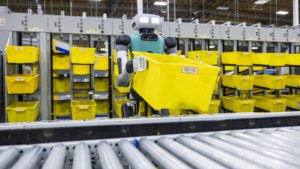
Digit, a human-centric, bi-pedal robot by Agility Robotics, is designed to assist with tasks traditionally requiring human flexibility.
Originally built to boost productivity in warehouses by taking on repetitive, injury-prone tasks, Digit’s adaptable design enables it to move smoothly in human environments.
With features like advanced “hands” for handling objects and human-like mobility, Digit is now extending its impact to hospitals, where it can handle routine tasks and free up healthcare staff to focus more directly on patient care.
Xandar Kardian XK300-H: No Contact Bedside Monitor
This radar-based system, an FDA-cleared device and CES Innovation Award Honoree, monitors over 6,000 vital sign measurements, including heart and respiratory rates, without physical contact.
Particularly valuable in infection-prone environments, Xandar Kardian’s system enhances patient monitoring and safety by providing continuous, non-invasive monitoring in settings like nursing homes and hospitals.
Notable Mentions in Hospital-Based Healthcare
BiVacor Total Artificial Heart: A device that replicates heart function
Medical Microinstruments Symani Surgical System: Precision robotics for microsurgeries
Dexcom Stelo: A glucose monitor with real-time tracking
Front Line Medical Technologies COBRA-OS: Compact aortic occlusion device to manage severe bleeding in trauma patients
Abbott Esprit BTK System: A dissolvable stent to treat chronic limb-threatening ischemia
Top Home-Based Healthcare Innovations
Toi Labs TrueLoo: Smart Toilet Seat on Gut Health
Daily health monitoring can be challenging, particularly for individuals with limited mobility or access to healthcare.
The TrueLoo smart toilet seat aims to make routine monitoring seamless by analyzing waste to detect signs of health issues, like digestive disorders or kidney problems.
By placing this technology in one of the most routine areas of daily life, TrueLoo allows users and caregivers to gain critical health insights without extra effort, offering a non-invasive and automated approach to health tracking.
Winx Health UTI Test & Treat: UTI Management at Home
Urinary tract infections (UTIs) often require clinic visits for diagnosis and treatment.
Priced at $15, the UTI Test & Treat device from Winx Health simplifies this process with an easy-to-use at-home solution.
It includes three UTI tests that provide results through a simple scan, and it facilitates same-day prescription treatment via text, eliminating the need for a doctor’s visit.
Withings BeamO: 4-in-1 Health Checkup
Compact and user-friendly, the Withings BeamO combines the capabilities of a thermometer, electrocardiogram (ECG), oximeter and stethoscope to check vital signs in under a minute.
Using photoplethysmography (PPG), infrared scanning and digital stethoscope technology, BeamO monitors heart rate, blood oxygen, body temperature and lung health.
The device syncs with the Withings app, enabling users to track health trends, share data with family or physicians and manage medication reminders.
Nuvo Invu: Remote Pregnancy Monitoring
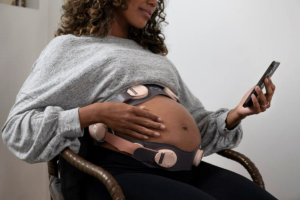
The Nuvo Invu system allows pregnant women to monitor fetal health remotely, reducing the need for in-person appointments.
Using a wearable sensor band and app, Invu allows real-time monitoring of fetal heart rates and non-stress tests (NSTs), delivering data that meets clinic-level accuracy.
Especially beneficial for high-risk pregnancies, Invu enhances prenatal care access and provides peace of mind for parents by offering healthcare providers reliable, remote health insights.
Ada Health’s AI App: Medical Knowledge Meets AI
Ada Health’s AI-powered app provides users with a health assessment based on their symptoms, supported by clinical data, offering a quick, accessible way to understand potential health issues.
With users in over 148 countries, it covers 3,600 conditions and 30,000 ICD-10 codes — standard codes for diagnosing diseases — guiding users to appropriate care with 35 percent more accuracy than similar tools.
Using Ada’s advanced medical engine, users receive personalized health insights and referrals to the right level of care.
Other Notable Mentions in Home-Based Healthcare
PherDal Kit: An at-home fertility aid supporting individuals through the conception process.
The healthcare innovations featured in TIME’s “Best Inventions of 2024” represent new possibilities within hospitals and the accessibility of home-based care. As these tools become more integrated into daily life, and the future of healthcare becomes more inclusive, patients can stay informed and get diagnoses done early on.

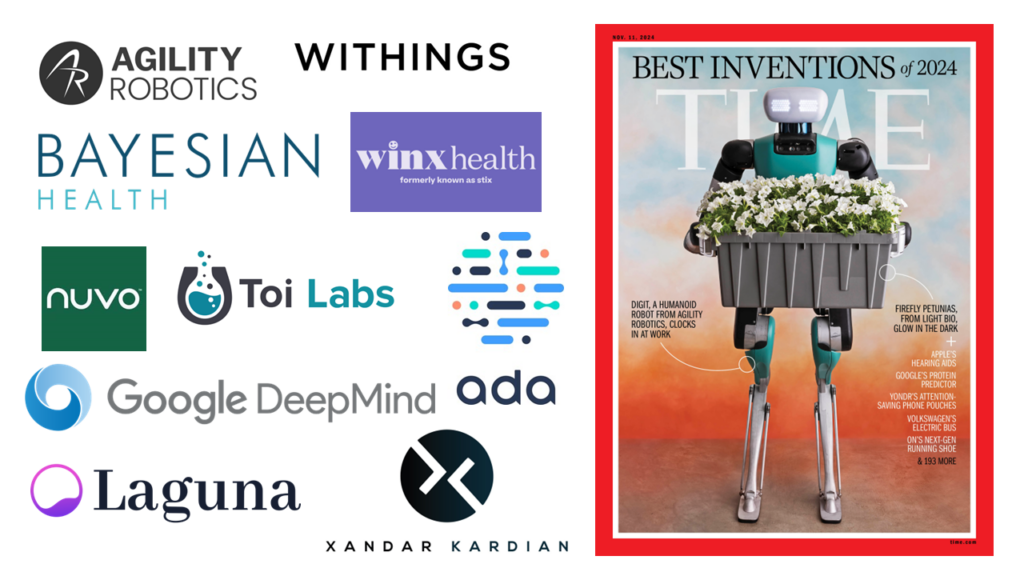
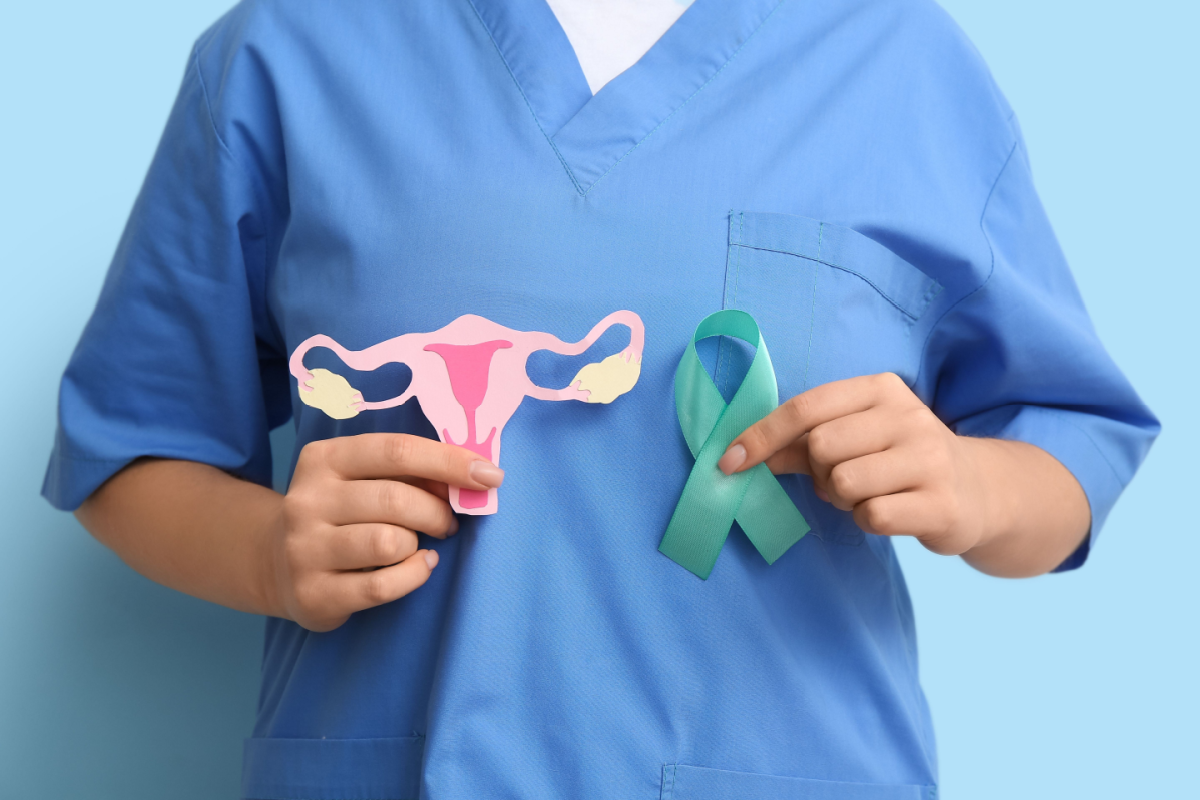
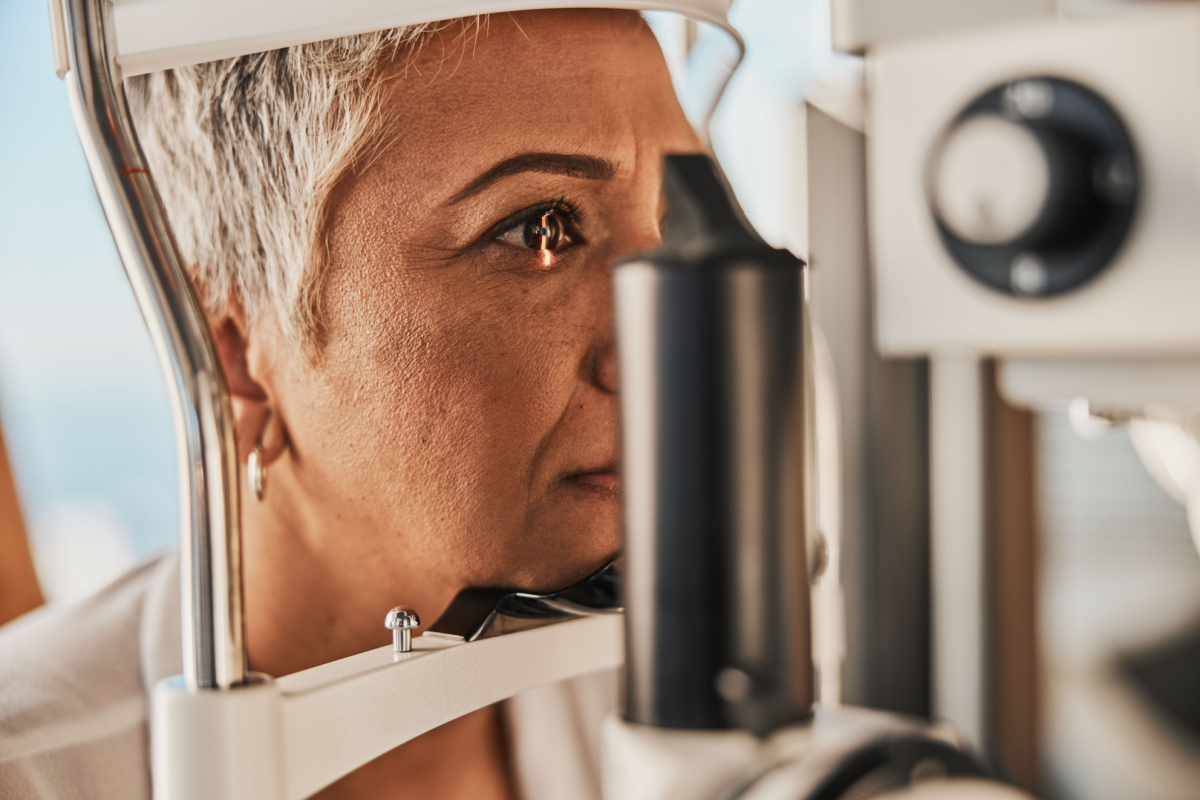

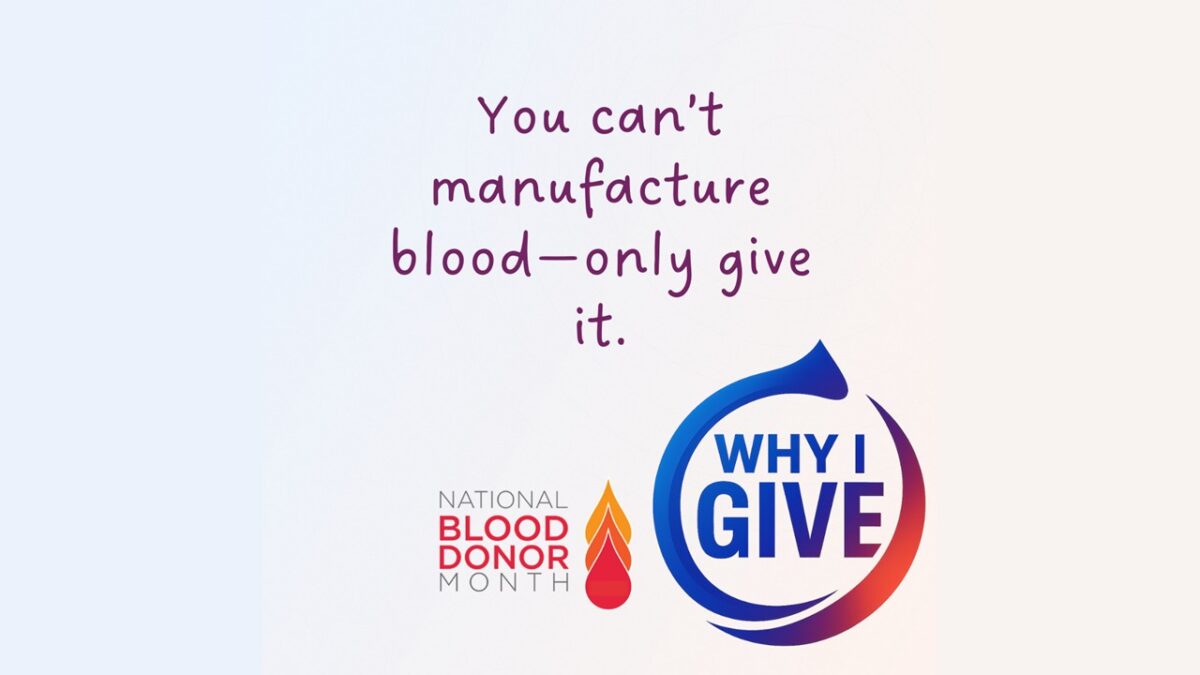






Join or login to leave a comment
JOIN LOGIN